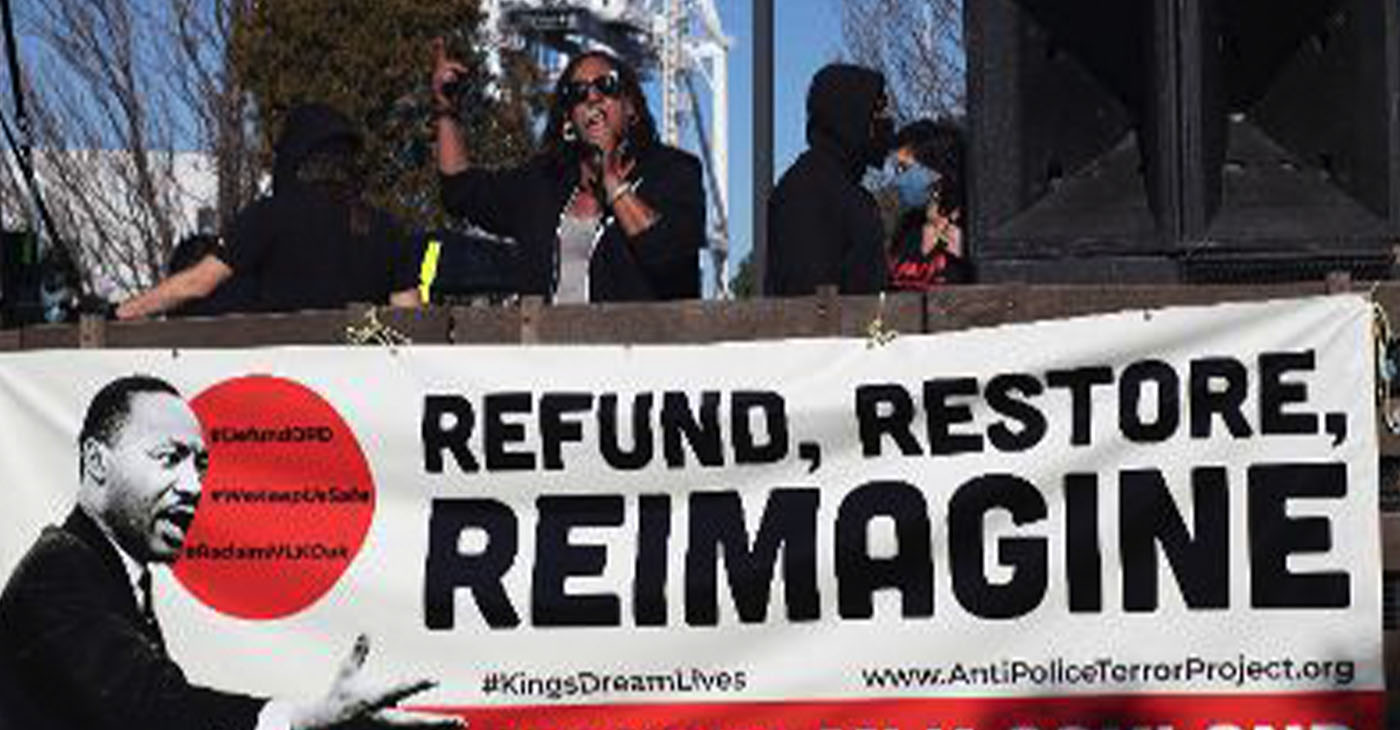Activism
Black Mental Health Part 9 – The Anti Police-Terror Project
APTP saw their desire for change come to fruition when Oakland adopted the MACRO program. The Mobile Assistance Community Responders of Oakland (MACRO) program handles non-emergency and non-violent 911 calls. APTP trains MACRO participants and pushed to establish a community advisory board. They work with Elliott Jones, director of MACRO, to replace services the police once provided. The MACRO model is grounded in empathetic service to the community while reducing responses by police.

Activism
Discrimination in City Contracts
The report was made public by Councilmember Carroll Fife, who brought it this week to the Council’s Life Enrichment Committee, which she chairs. Councilmembers, angry at the conditions revealed, unanimously approved the informational report, which is scheduled to go to an upcoming council meeting for discussion and action. The current study covers five years, 2016-2021, roughly overlapping the two tenures of Libby Schaaf, who served as mayor from January 2015 to January 2023.

#NNPA BlackPress
COMMENTARY: The National Protest Must Be Accompanied with Our Votes
Just as Trump is gathering election data like having the FBI take all the election data in Georgia from the 2020 election, so must we organize in preparation for the coming primary season to have the right people on ballots in each Republican district, so that we can regain control of the House of Representatives and by doing so, restore the separation of powers and balance that our democracy is being deprived of.
Activism
Congresswoman Simon Votes Against Department of Homeland Security, ICE Funding
“They need accountability. Republicans already gave these agencies an unprecedented $170 billion for immigration enforcement, funding they have used to conduct raids at schools, separate families, and deploy a masked paramilitary who refuse to identify themselves on American streets. This bill gives them more funding without a single reform to stop unconstitutional, immoral abuses,” she said.
-

 #NNPA BlackPress4 weeks ago
#NNPA BlackPress4 weeks agoOP-ED: The Dream Cannot be Realized Without Financial Freedom
-

 #NNPA BlackPress4 weeks ago
#NNPA BlackPress4 weeks agoFour Stolen Futures: Will H-E-B Do The Right Thing?
-

 Activism2 weeks ago
Activism2 weeks agoOakland Post: Week of January 28, 2025 – February 3, 2026
-

 Activism2 weeks ago
Activism2 weeks agoLife Expectancy in Marin City, a Black Community, Is 15-17 Years Less than the Rest of Marin County
-

 Activism3 weeks ago
Activism3 weeks agoOakland Post: Week of January 21 – 27, 2026
-

 Activism2 weeks ago
Activism2 weeks agoMedi-Cal Cares for You and Your Baby Every Step of the Way
-
Uncategorized2 weeks ago
Homegoing Service for Education Advocate Oscar Wright, 101
-

 Activism7 days ago
Activism7 days agoAfter Don Lemon’s Arrest, Black Officials Raise Concerns About Independent Black Media





























































